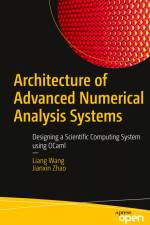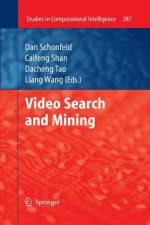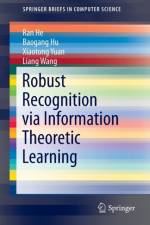von Liang Wang
44,00 €
Although deep learning models have achieved great progress in vision, speech, language, planning, control, and many other areas, there still exists a large performance gap between deep learning models and the human cognitive system. Many researchers argue that one of the major reasons accounting for the performance gap is that deep learning models and the human cognitive system process visual information in very different ways.To mimic the performance gap, since 2014, there has been a trend to model various cognitive mechanisms from cognitive neuroscience, e.g., attention, memory, reasoning, and decision, based on deep learning models. This book unifies these new kinds of deep learning models and calls them deep cognitive networks, which model various human cognitive mechanisms based on deep learning models. As a result, various cognitive functions are implemented, e.g., selective extraction, knowledge reuse, and problem solving, for more effective information processing.This book first summarizes existing evidence of human cognitive mechanism modeling from cognitive psychology and proposes a general framework of deep cognitive networks that jointly considers multiple cognitive mechanisms. Then, it analyzes related works and focuses primarily but not exclusively, on the taxonomy of four key cognitive mechanisms (i.e., attention, memory, reasoning, and decision) surrounding deep cognitive networks. Finally, this book studies two representative cases of applying deep cognitive networks to the task of image-text matching and discusses important future directions.







